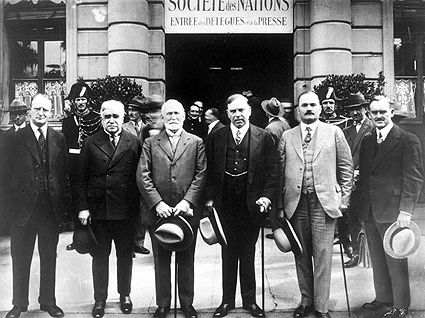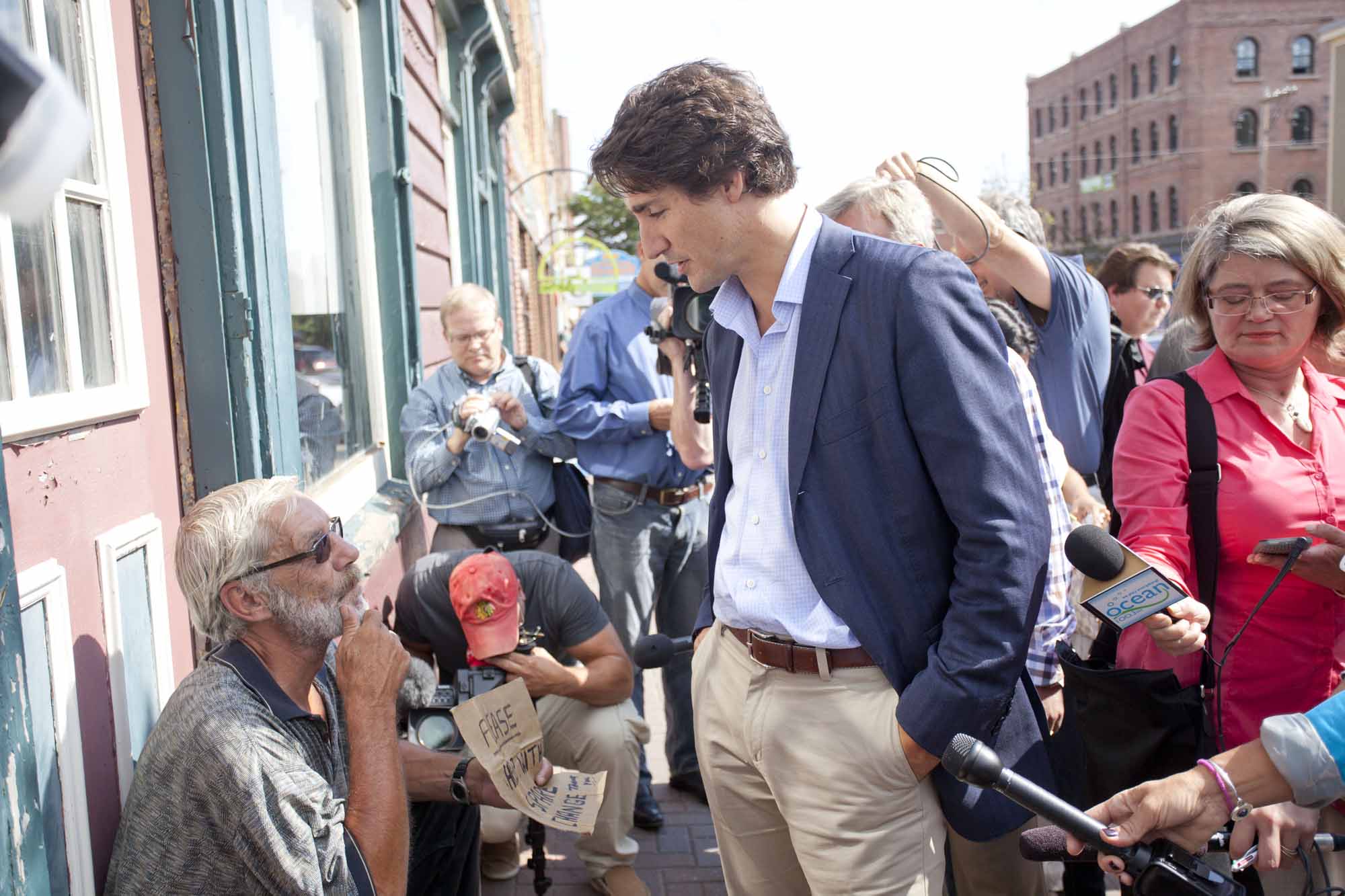Article
Law Reform
Law reform is the process of ensuring that law meets the needs of the society it is designed to serve. The process may involve updating by repealing old and obsolete enactments, consolidating or rationalizing an area of law, or even proposing entirely new concepts.







